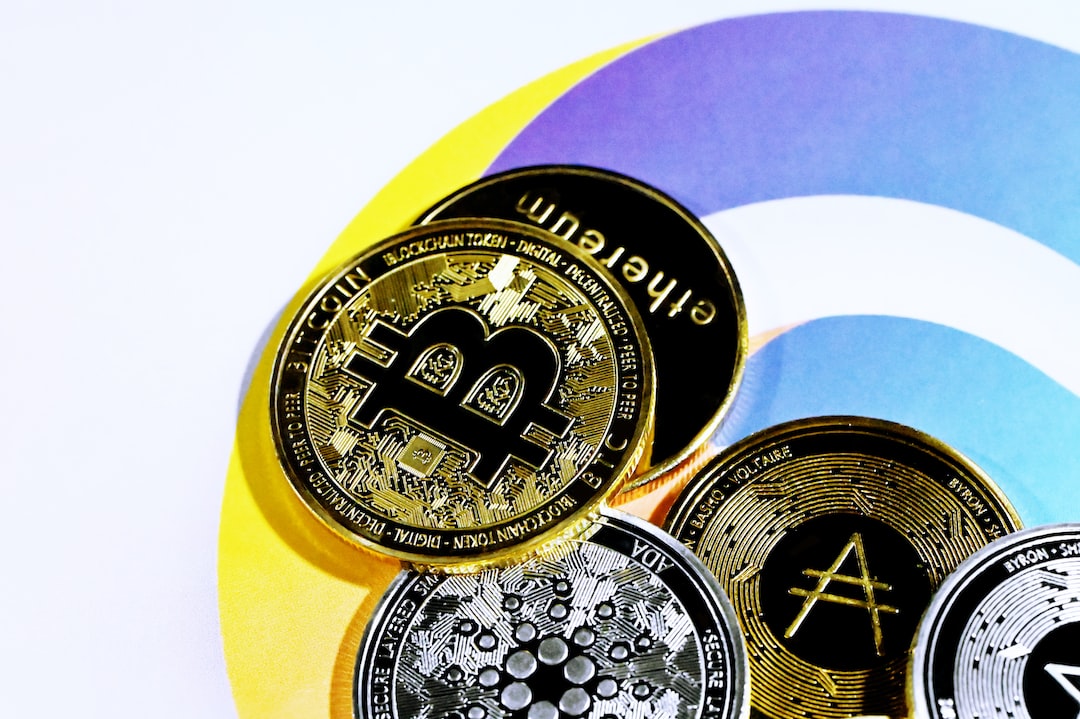The Rise of Wash Trading on Decentralized Platforms
The cryptocurrency industry has revolutionized the investment landscape, providing an alternative to traditional markets like stocks. However, as blockchain technology gains mainstream adoption, global regulators, particularly in the United States, are increasing their scrutiny of crypto projects.
Regulators Harness AI to Monitor Market Patterns
In a recent hearing with the Senate Banking Committee, US SEC Chair Gary Gensler acknowledged the agency’s use of Artificial Intelligence (AI) technology to monitor market patterns. This demonstrates the regulators’ commitment to combating fraudulent activities and ensuring investor protection in the crypto space.
Rampant Wash Trading on DeFi Platforms
Bloomberg’s report reveals that Solidus, a New York-based tech company specializing in crypto transaction monitoring, found that liquidity providers on decentralized financial (DeFi) platforms engaged in wash trading in around 67 percent of approximately 30,000 liquidity pools. Wash trades accounted for about 13 percent of the total trading volumes in these pools.
Further analysis by researcher Will Kueshner at Solidus suggests that the prevalence of wash trading is even more significant, as the report only focused on approximately 1 percent of all crypto pools. Ethereum-based decentralized exchanges alone have been involved in over $2 billion worth of wash trades since September 2020, with nearly 20,000 coins being manipulated by liquidity providers.
The Cost and Impact of Wash Trading
Engaging in wash trading on decentralized platforms comes with a cost. On the Ethereum network, network fees ranging from $1 to $5 are incurred. One token that has seen a high incidence of wash trading is Shibafarm, where the deployer reportedly earned nearly $2 million within a few hours in 2021.
Hot Take: Addressing Wash Trading to Protect Investors
The rise of wash trading on decentralized platforms raises concerns about market manipulation and investor protection. Regulators and technology companies play a crucial role in monitoring and exposing fraudulent activities. The use of AI technology by regulatory bodies like the US SEC demonstrates their commitment to combating such practices.
To ensure the integrity and trustworthiness of the crypto industry, it is essential for regulators to continue their efforts in scrutinizing crypto projects and enforcing strict regulations. Additionally, investors should exercise caution and conduct thorough research before engaging in any crypto transactions or investments.





 By
By
 By
By
 By
By

 By
By